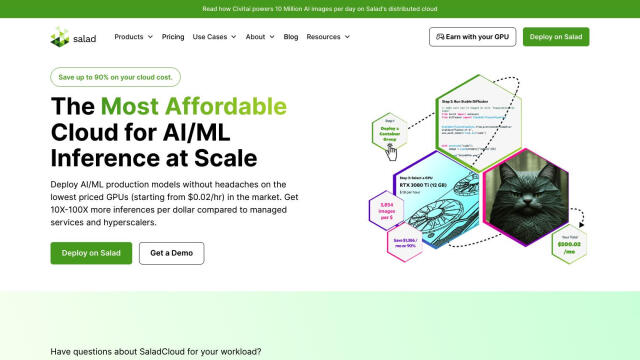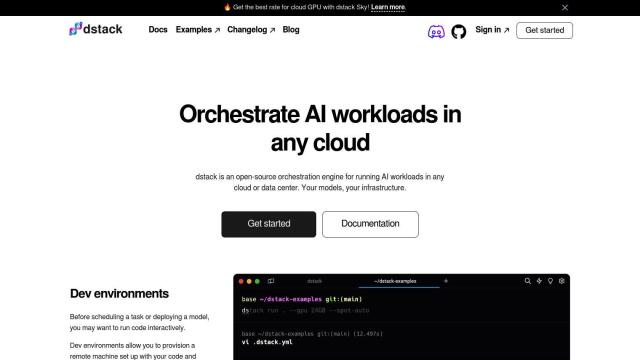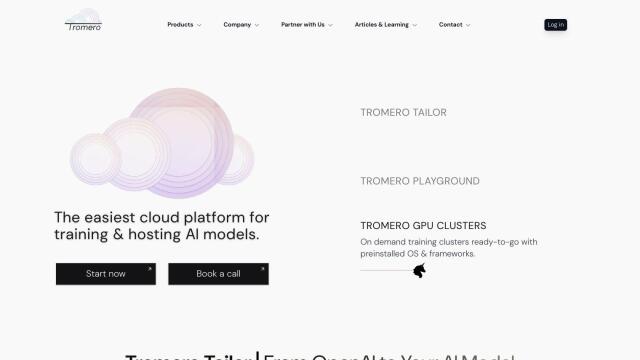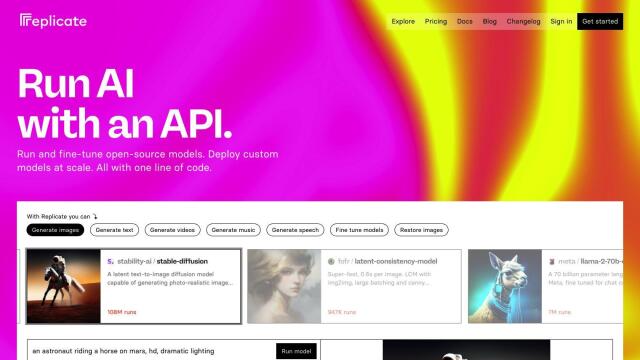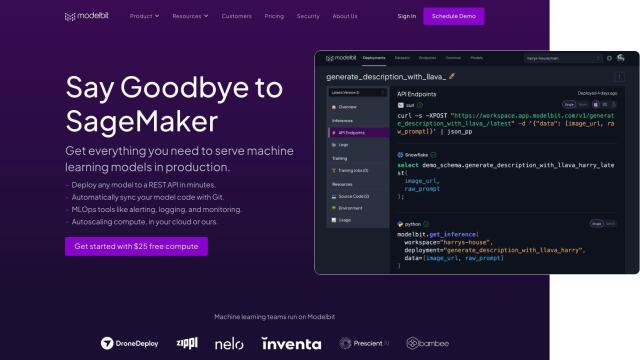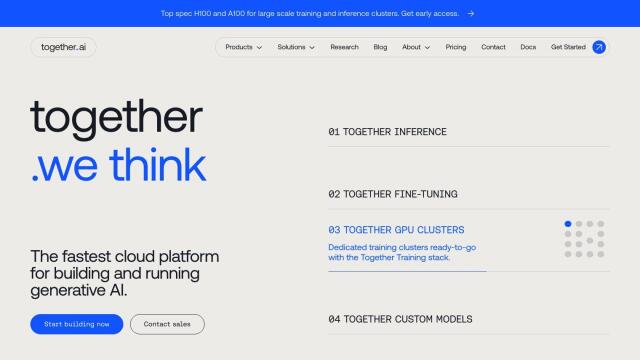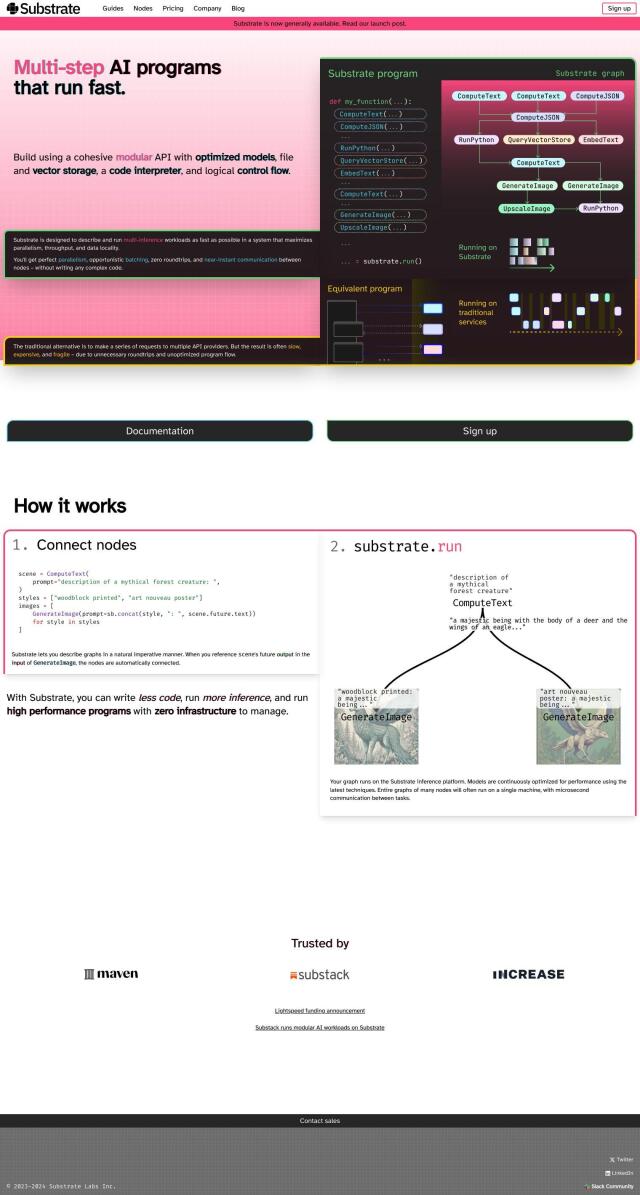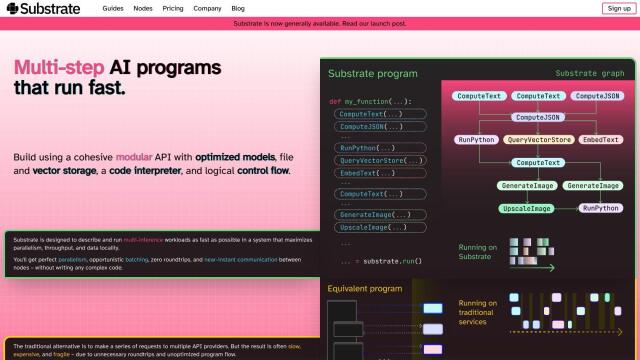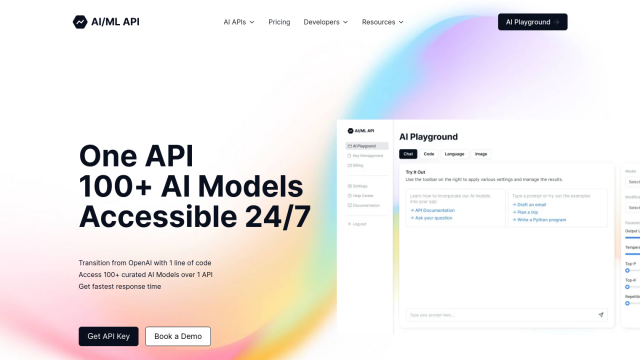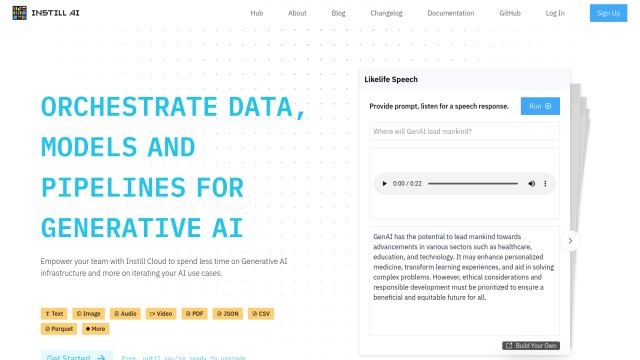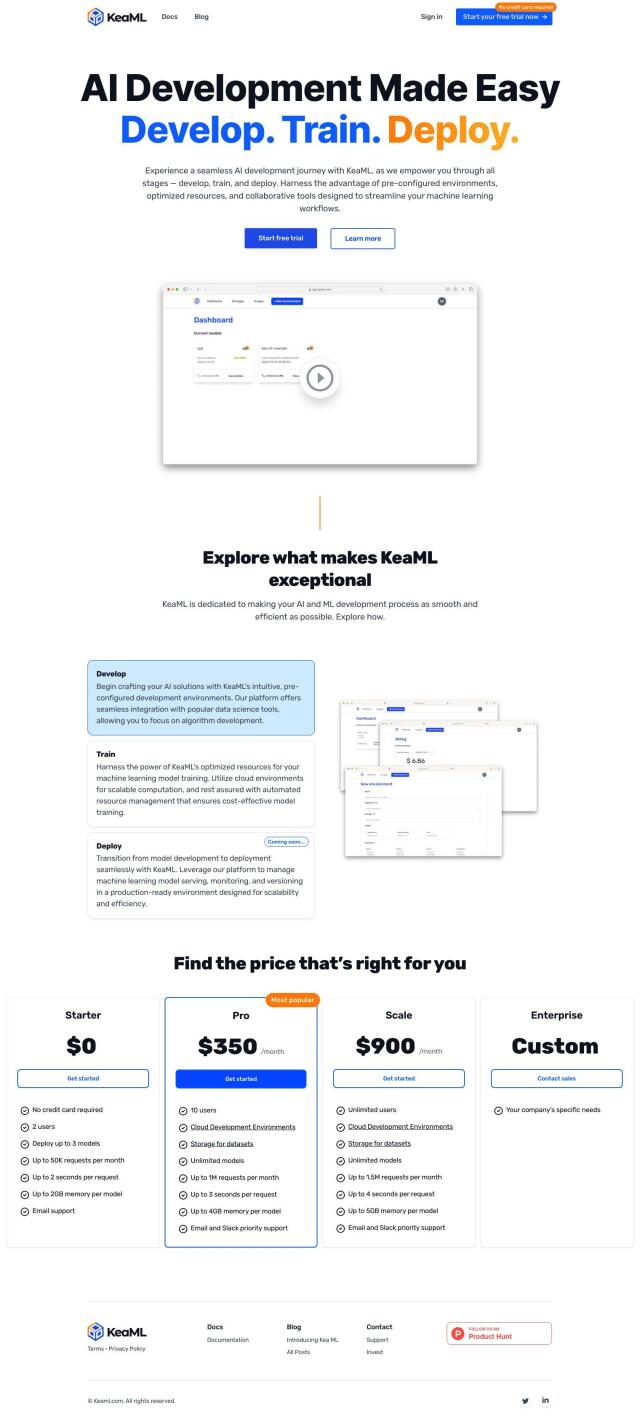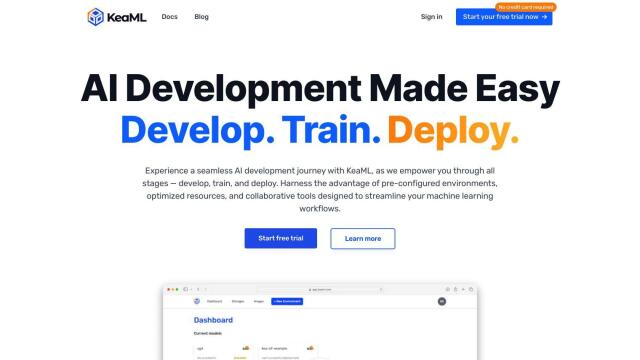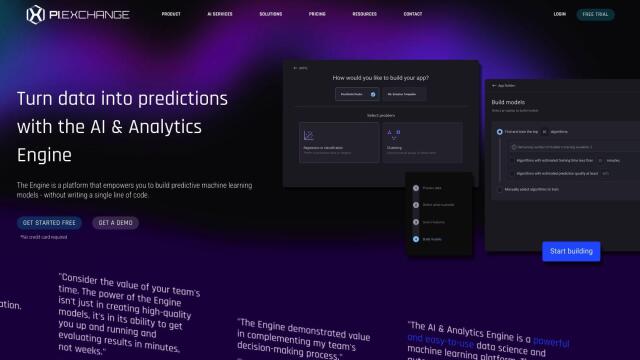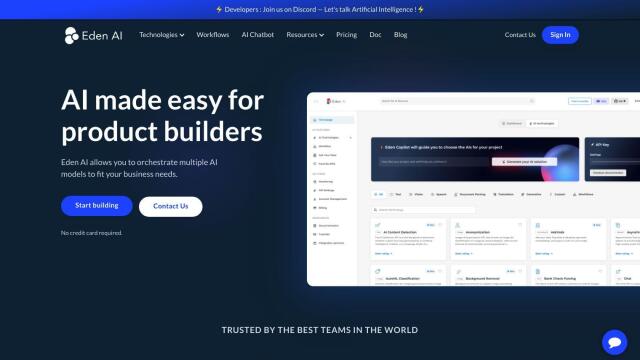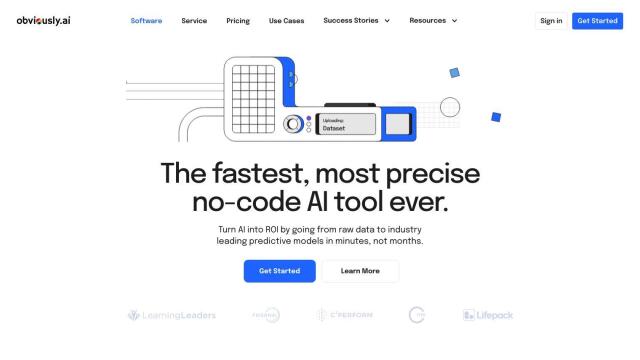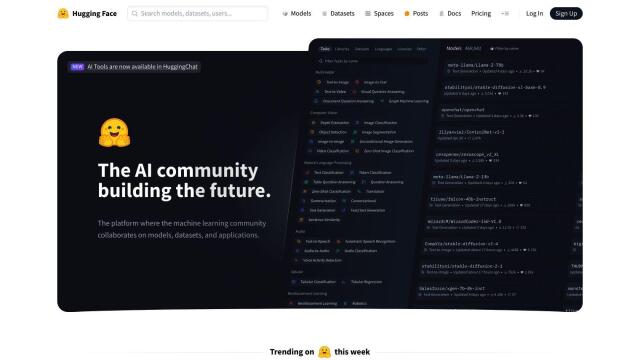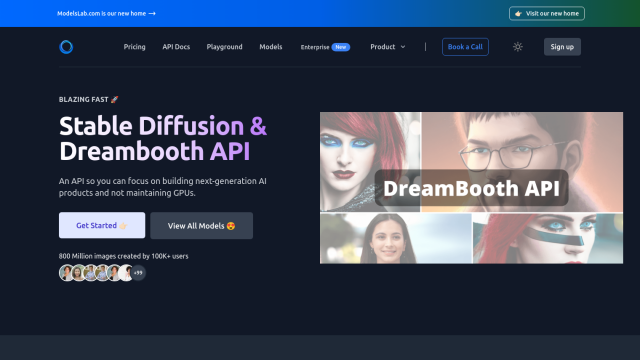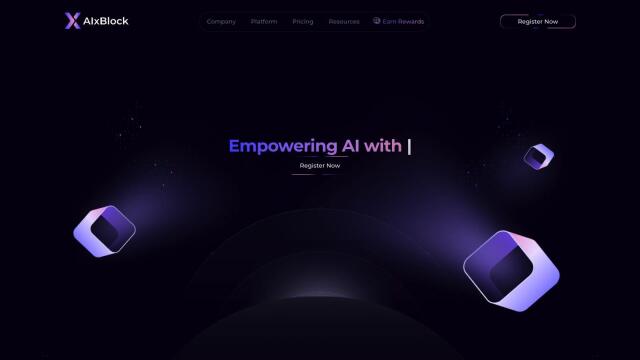Question: Is there a platform that offers cost-effective ways to run AI models in the cloud, with options for spot instances and parallel GPU usage?

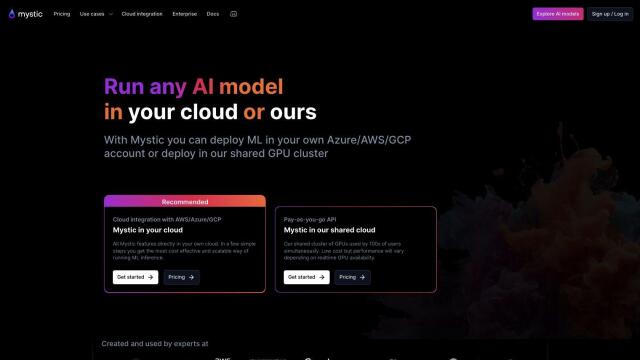
Mystic
If you need a low-cost foundation to run AI models in the cloud, with the ability to use spot instances and parallel GPUs, Mystic is a top contender. It also offers serverless GPU inference with direct integration across AWS, Azure and GCP, and supports multiple inference engines. Its cost optimization features include spot instances and parallelized GPU usage, as well as cloud credits. It also offers a managed Kubernetes environment and an open-source Python library, so it's geared for teams that want to focus on model development, not infrastructure.


Anyscale
Another top contender is Anyscale, which is based on the open-source Ray framework. The service supports a broad range of AI models and can cut costs by up to 50% by using spot instances. It also offers workload scheduling, heterogeneous node control and GPU and CPU fractioning for better resource allocation. Anyscale also offers native integrations with popular IDEs, persisted storage and Git integration, as well as workflows to run, debug and test code at scale.

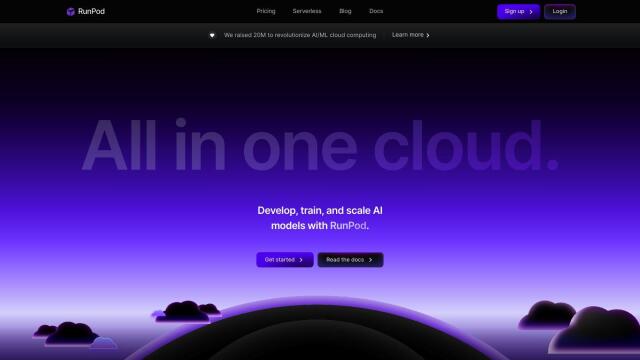
RunPod
RunPod is a cloud platform to develop, train and run AI models with a globally distributed GPU cloud. It supports a variety of GPUs and offers serverless ML inference with autoscaling and job queuing. RunPod charges by the hour, with prices between $0.39 and $4.89, and it's designed to be flexible and on demand. It also offers immediate spinning up of GPU pods and instant hot-reloading for local changes, so you can quickly and easily deploy your models.

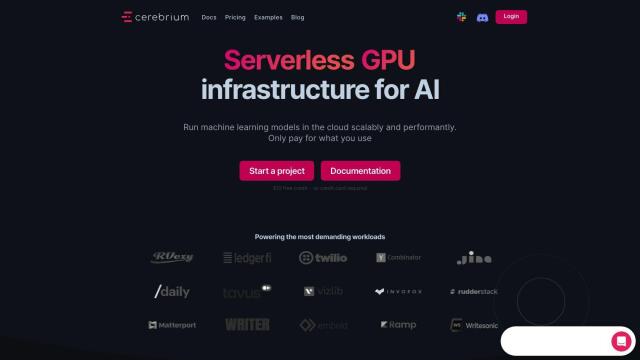
Cerebrium
For those who want a serverless GPU foundation, Cerebrium charges pay-per-use pricing, a big step down from traditional pricing. It has 3.4s cold starts, 5000 requests per second and 99.99% uptime. Cerebrium also offers real-time logging and monitoring, as well as infrastructure as code and volume storage, so it's easy to use and scale. It supports a variety of GPUs and offers a variety of plans, including tiered plans and pay-as-you-go compute and storage resources.

